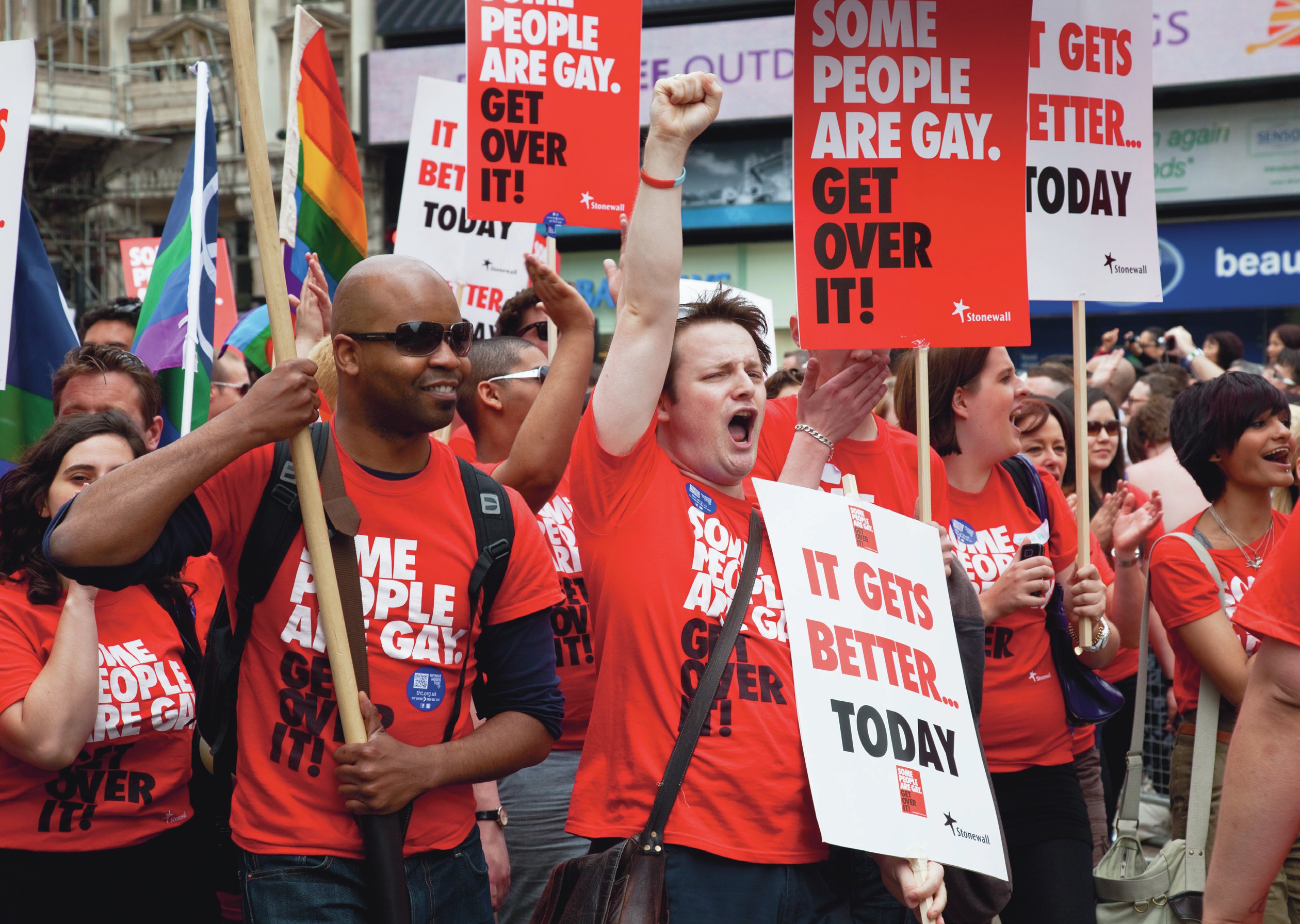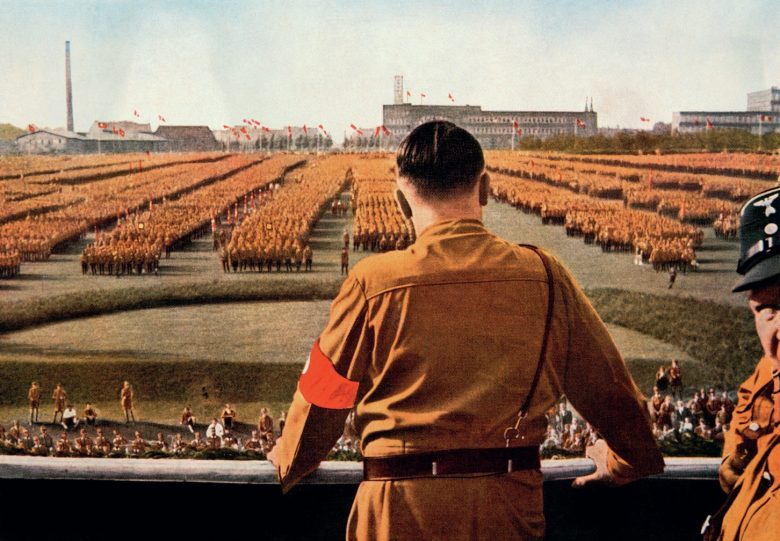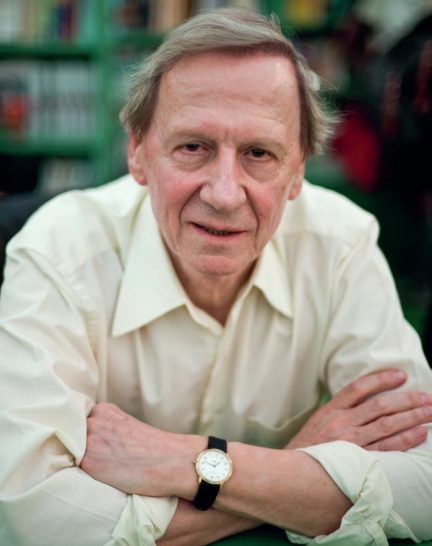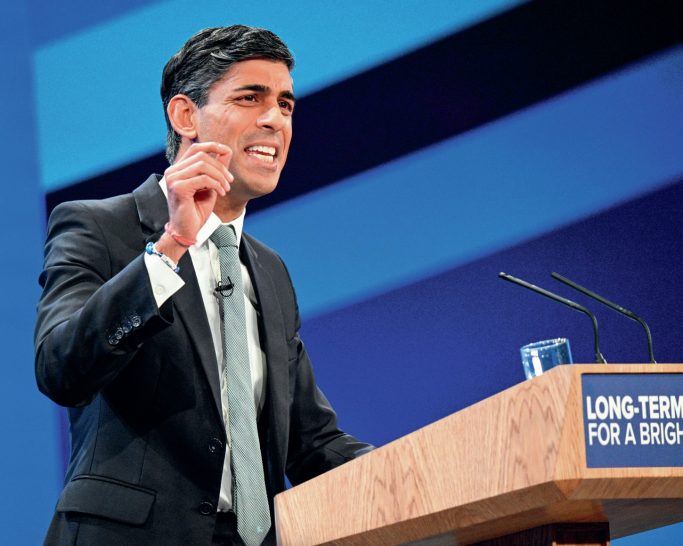
Public opinion, be it measured by election outcomes, opinion poll findings, ‘popular feeling’ or the conventional wisdom expressed by commentators, plays a key role in ensuring that politicians have some idea of what people think. Beyond elections, the media play an important role in shaping and organising public opinion, as do organised social groups, usually called ‘pressure’ or ‘interest’ groups (Box 1).
Causes, and their advocacy by promotional groups, increasingly lie at the heart of group activity. Vested interests representing business continue to exert a considerable influence because of business’ indispensible economic role. But promotional groups have come dramatically to the fore since the 1960s. Such ‘cause’ groups, working on a specific issue or in a particular policy field, seek to change public policy. They seek to persuade governments either to do something or to stop doing something. These groups are political but explicitly non-party political.
Your organisation does not have access to this article.
Sign up today to give your students the edge they need to achieve their best grades with subject expertise
Subscribe




